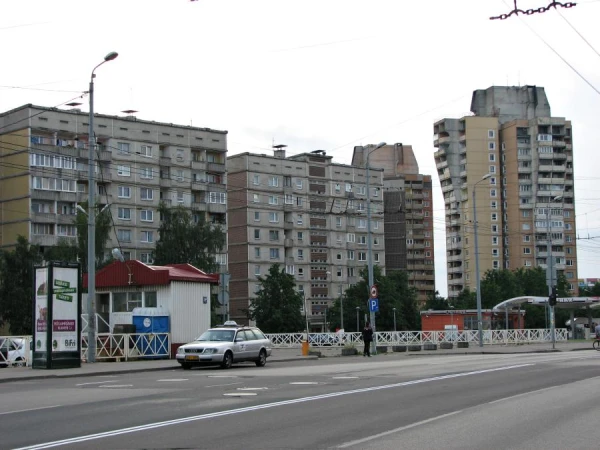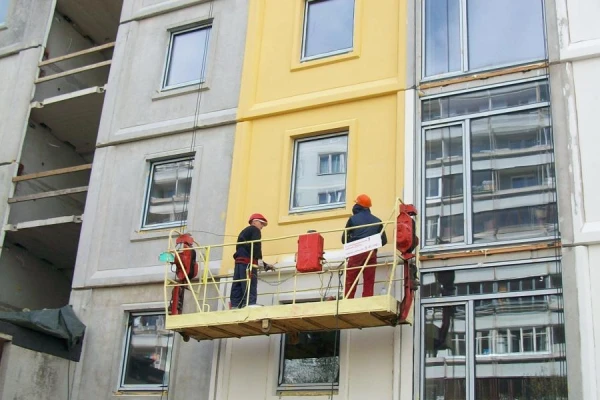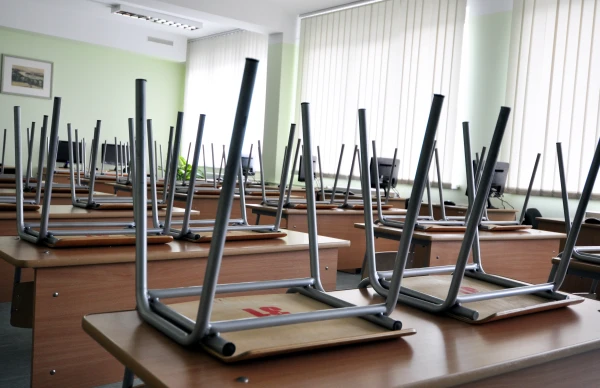
The level of property ownership in Latvia currently exceeds 80%, which is one of the highest rates among the countries of the Organisation for Economic Co-operation and Development (OECD), writes Dienas Bizness.
According to OECD data, 71.3% of residents in Latvia live in their own property, nearly one-tenth live in their own housing using a bank loan, and 11.6% rent their homes. The share of private ownership is even higher only in Poland, Hungary, and Lithuania, where between 72% and 76% of residents live in their own houses and apartments.
At the bottom of the list are mostly wealthy Western countries: for example, in Switzerland, only 4.5% of residents live in fully owned housing without credit obligations, in the Netherlands - 10.7%, and in Denmark - 13.4%. Industry experts note that this trend is closely related to privatization processes and predict that significant changes in the market are unlikely to occur in the near future.
The high level of property ownership in Latvia is due to several factors, said Agija Verdina, a representative of Colliers Baltic.
"Firstly, the privatization that took place in the 1990s allowed a large number of households to acquire their own housing at relatively low prices, and then it was passed down from generation to generation. Secondly, Latvia has long had extremely unfavorable conditions for the development of rental housing, and thirdly, for many households, housing served as the only form of capital accumulation. It should also be noted that historically, the monthly payment on a loan for equivalent property was mostly lower than rental payments, and all state support programs have traditionally been aimed at those who want to buy housing rather than rent. Summarizing all these factors, it becomes clear why interest in the possibility of renting housing in Latvia remains low. On the one hand, this hinders the development of a professional rental market and limits mobility, but on the other hand, property gives many people a sense of security and serves as a form of savings," Verdina notes.
The rental market in Western Europe is significantly different from that in Latvia and the Baltic states, as it is often managed by funds or companies capable of providing both higher quality standards and flexibility.
"We live in a country where the entire economy is concentrated in Riga, but, for example, in Germany, there are many large cities, and people are constantly migrating, so the rental market is vital. In many places, loans are more expensive, and there are no support programs for property acquisition, so renting in these countries is a more rational choice," Verdina says, emphasizing that the professional rental market in Latvia has potential.















Leave a comment